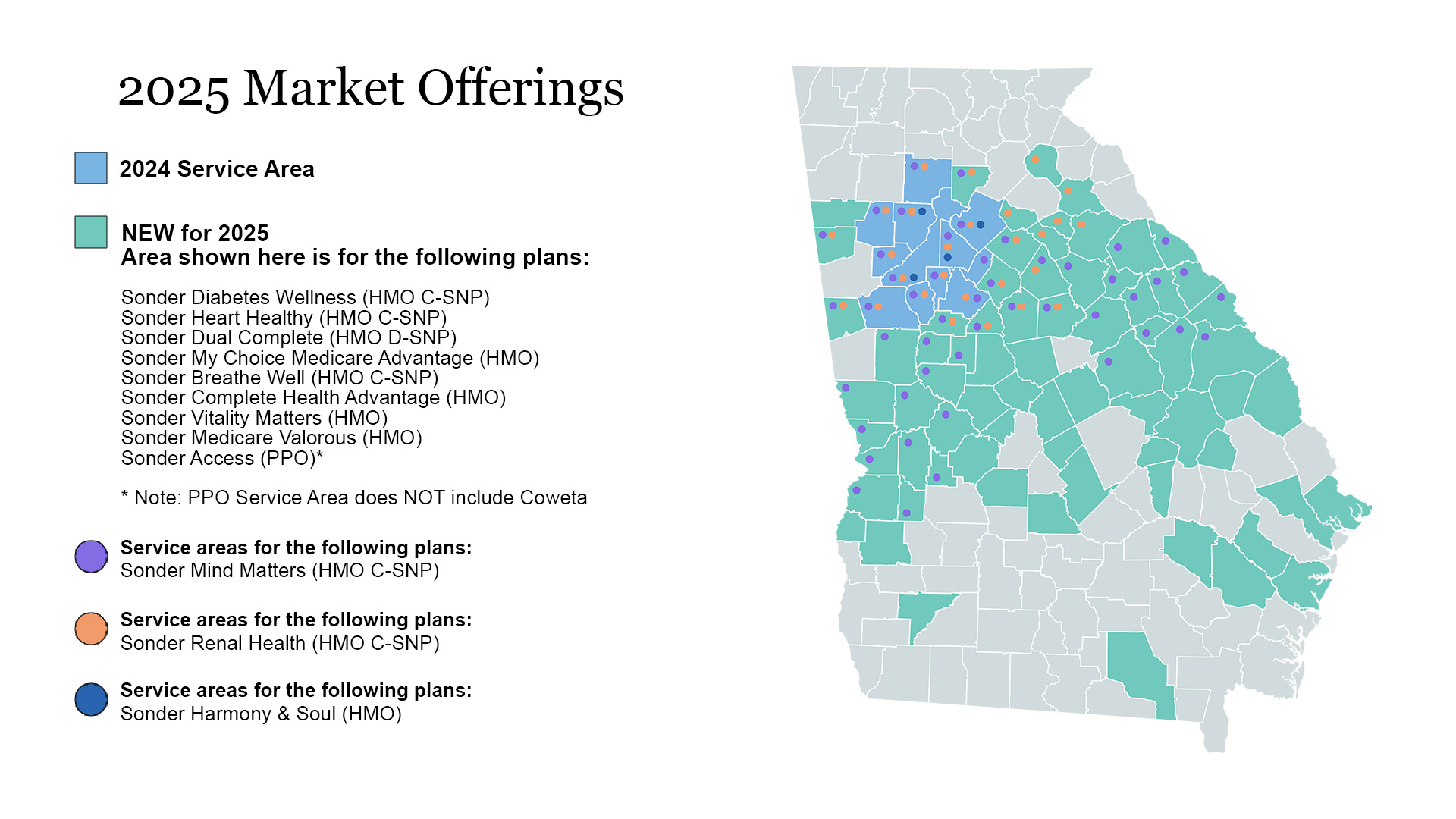As you approach the age of 65, navigating the world of Medicare can feel like a daunting task. With so many options available, it’s essential to understand the different plans and how they can benefit you. One option worth considering is a Medicare Advantage Plan. But what exactly is a Medicare Advantage Plan, and what are its benefits? Let’s delve into these questions to help you make an informed decision about your healthcare coverage.
What is a Medicare Advantage Plan?
Medicare Advantage Plans, also known as Part C, are an alternative to Original Medicare (Parts A and B). These plans are offered by private insurance companies approved by Medicare. They provide the same coverage as Original Medicare but often include additional benefits and services. When you enroll in a Medicare Advantage Plan, you still have Medicare, but your coverage is administered through the private insurer.
Comprehensive Coverage
One of the primary benefits of Medicare Advantage Plans is the comprehensive coverage they offer. While Original Medicare covers hospital and medical services, it does not typically include prescription drugs, vision, dental, or hearing services. Many Medicare Advantage Plans bundle these additional services into one plan, providing a more holistic approach to healthcare. This means you can have your medical, hospital, and prescription drug coverage, along with dental, vision, and hearing care, all in one plan.
Cost Savings
Medicare Advantage Plans often provide cost savings compared to Original Medicare. These plans have an annual out-of-pocket maximum, which limits the amount you have to pay each year for covered services. Once you reach this limit, the plan pays 100% of covered services for the rest of the year. This can provide significant financial protection, especially if you have high healthcare costs.
In addition to the out-of-pocket maximum, Medicare Advantage Plans may offer lower coinsurance and copayments than Original Medicare. Some plans even have $0 premiums, although you will still need to pay your Part B premium. By offering predictable costs and limiting your financial exposure, Medicare Advantage Plans can help you manage your healthcare expenses more effectively.
Coordinated Care
Another significant benefit of Medicare Advantage Plans is the emphasis on coordinated care. These plans often have a network of doctors, specialists, and hospitals that work together to provide your care. This coordination can lead to better health outcomes and more efficient use of healthcare resources. Your primary care physician (PCP) often plays a central role in coordinating your care, ensuring that you receive the appropriate treatments and follow-up care.
Coordinated care can also mean fewer gaps in your healthcare services. With your healthcare providers working together, there is better communication and information sharing, which can help prevent duplicate tests and procedures, reducing both costs and inconvenience for you.
Additional Benefits
Medicare Advantage Plans often include additional benefits that are not covered by Original Medicare. These can include:
Fitness Programs: Many plans offer memberships to fitness centers or provide access to wellness programs that can help you stay active and healthy.
Transportation Services: Some plans offer transportation to and from medical appointments, which can be particularly beneficial if you have mobility issues or do not drive.
Over-the-Counter Allowances: Certain plans provide allowances for over-the-counter items such as vitamins, first-aid supplies, and health-related products.
Meal Delivery Services: After a hospital stay, some plans offer meal delivery services to ensure you have access to nutritious meals during your recovery.
These additional benefits can significantly enhance your quality of life and make managing your health easier and more convenient.
Prescription Drug Coverage
One of the standout features of many Medicare Advantage Plans is the inclusion of outpatient prescription drug coverage (Part D). This means that you can get your medical, hospital, and prescription drug coverage all from one plan, simplifying your healthcare management. Prescription drug coverage can help reduce the cost of your medications, making it easier to afford the prescriptions you need to stay healthy.
Flexibility and Choice
Medicare Advantage Plans offer a variety of plan types to suit different needs and preferences. Some of the common types include:
Health Maintenance Organization (HMO) Plans: These plans require you to use a network of doctors and hospitals and often require referrals for specialist care.
Preferred Provider Organization (PPO) Plans: These plans offer more flexibility in choosing healthcare providers and do not require referrals for specialist care.
Private Fee-for-Service (PFFS) Plans: These plans allow you to see any Medicare-approved provider who accepts the plan’s payment terms.
Special Needs Plans (SNPs): These plans are tailored for individuals with specific diseases or characteristics, providing specialized care to meet their unique needs.
With this range of options, you can choose a plan that best fits your healthcare needs and lifestyle preferences.
Enrollment and Eligibility
To enroll in a Medicare Advantage Plan, you must first be enrolled in both Medicare Parts A and B. You can join a Medicare Advantage Plan during your Initial Enrollment Period (IEP), which begins three months before the month you turn 65 and ends three months after your birthday month. Additionally, you can switch plans during the Annual Enrollment Period (AEP) from October 15 to December 7 each year, with coverage beginning on January 1.
Making the Right Choice
Choosing the right Medicare Advantage Plan requires careful consideration of your healthcare needs, budget, and preferences. Here are a few tips to help you make an informed decision:
Compare Plans: Look at the different plans available in your area and compare their benefits, costs, and provider networks.
Consider Your Health Needs: Think about the medical services you use frequently and any upcoming healthcare needs. Ensure the plan you choose covers these services.
Check Provider Networks: Make sure your preferred doctors and hospitals are included in the plan’s network.
Review Drug Coverage: If you take prescription medications, check the plan’s formulary to ensure your drugs are covered.
Evaluate Additional Benefits: Consider the value of additional benefits such as dental, vision, and fitness programs.
Conclusion
Medicare Advantage Plans offer a range of benefits that can provide comprehensive coverage, cost savings, and added convenience. By understanding these benefits and carefully evaluating your options, you can find a plan that meets your healthcare needs and enhances your quality of life. As you approach Medicare eligibility, take the time to explore Medicare Advantage Plans and make an informed decision that supports your health and well-being.

